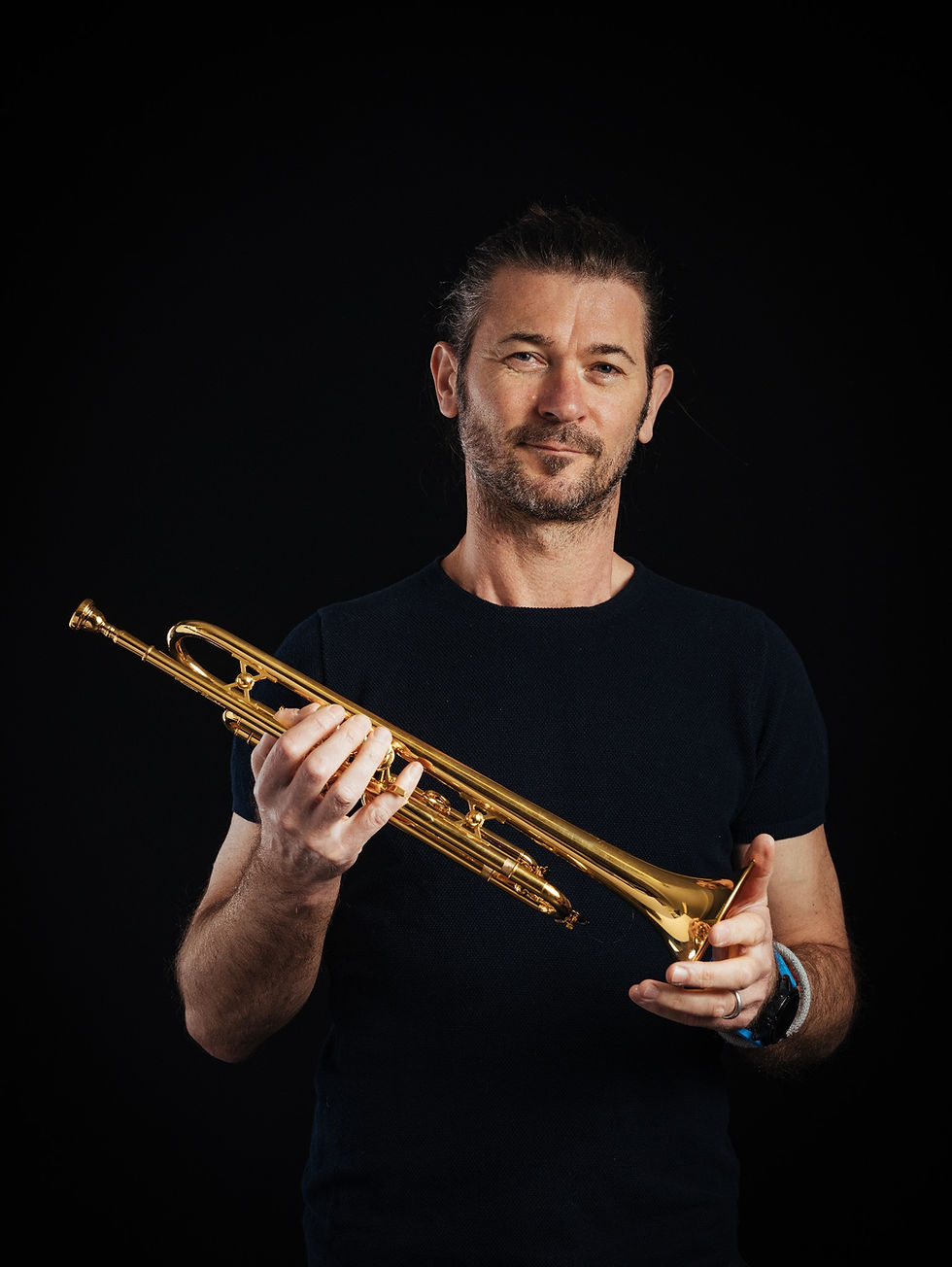Kayla Solomon Interview
- Görkem Çavuş
- Sep 3, 2024
- 2 min read

1.What are the turning points in your music career and how did these experiences affect you?
A pivotal moment in my music career was meeting Dr. Carole Dawn Reinhart. After reading her book, I had the incredible opportunity to meet her at the International Women’s Brass Conference. Carole became my mentor and biggest advocate. Ever since, I've been fortunate to receive regular lessons from her, which have profoundly impacted my approach to trumpet playing. Her guidance has been not only inspiring but transformative, significantly enhancing my physical technique and musical expression.
2. Which subjects do you focus on the most while performing as a trumpet player and teaching?
Lately, my focus has been honing ear training skills, recognizing its importance in trumpet performance. Ear training not only fosters precision and fluency but also affects music reading proficiency. I prioritize introducing this skill early on in my students' lessons, recognizing its profound impact on their overall musical development.
3. What is the story behind your dual project Power of Two and what is the thinking behind your decision to exhibit works by underrepresented composers?
Power of Two emerged as a project to introduce classical music by underrepresented composers to communities across Manitoba and Saskatchewan. Through performances and outreach efforts in schools and localities, we aimed to both showcase underrepresented voices in classical music and diverse repertoire. It's been a rewarding journey, advocating for inclusivity and representation in both performance and repertoire selection.
4. What does winning the Bronze Medal in the Emerging Artist category at the Global Music Awards mean to you?
Winning the Bronze Medal in the Emerging Artist category was one of the earlier acknowledgments of our dedication as professional musicians. This recognition held special significance as it was awarded for our first commissioned, recorded, and released piece. Beyond the honor, the personal resonance of the composition added layers of meaning to this achievement.
5. What role do you hope to play in the field of music education and what methods do you prefer when working with your students?
In music education, my primary goal is to create a nurturing and supportive learning environment for my students. Recognizing the historical toxicity within musical culture, I strive to counteract it by fostering self-awareness and resilience. Through teaching observance and self-analysis in trumpet performance, I guide students toward efficiency and embrace the inevitability of mistakes as part of the learning process.
6. What advice would you give to young musicians who want to progress in the field of music education?
Patience is paramount. Remember, your musical ability does not define your worth as a person. Embrace the journey with grace, allowing room for growth and self-discovery.
7. What are your future projects and career plans?
Looking ahead, I am committed to expanding my studio, publishing instructional books on trumpet fundamentals and musician wellness, and continuing to engage audiences through performances. My aspiration is to create meaningful connections through music, while also contributing to the enrichment and empowerment of fellow musicians.



Comments